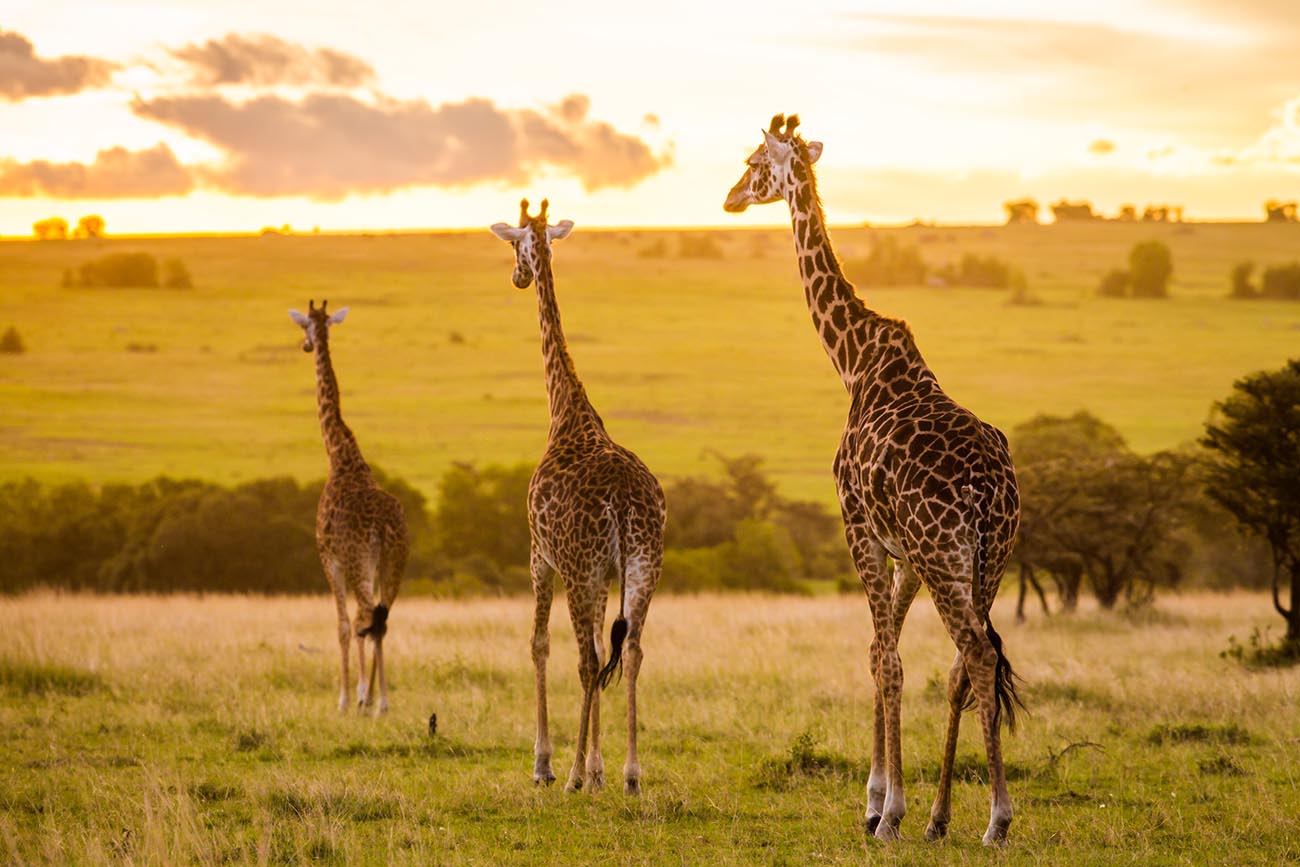
As we approach World Ranger Day on July 31st, we are excited to introduce you to the man that oversees our wildlife security programs, including our ranger units: Craig Millar.
Craig is Big Life’s Chief Operating Officer (formerly Head of Security), and one of our pilots frequently spotted on aerial patrols. Helping to coordinate all 300+ community rangers, including our mobile units and tracker dogs, is no small feat. To streamline operations, Craig facilitated Big Life’s Radio Room upgrade in 2019 with state-of-the-art security technology, and has spearheaded the rhino recovery work in the Chyulu Hills, as well as developed Big Life’s intelligence network well beyond our area of operation.
A 4th generation Kenyan, Craig first became involved with Big Life while studying for his zoology degree at Newcastle University UK. He interned with Big Life in 2011, while researching ecosystem predators, focusing on data specific to Big Life’s Predator Compensation Fund.
Years later, he remains steadfastly committed to protecting the Greater Amboseli ecosystem and is an integral part of all Big Life operations across all departments.
---
In the lead up to World Ranger Day on July 31st, we’ll be highlighting Big Life’s rangers and ranger operations. Please support our rangers with sustainable, reliable funding by joining our Ranger Club as a monthly donor. New Ranger Club members, or existing members who increase their giving amount, will be entered to win a bundle of Big Life swag. Sign up at biglife.org/monthly-giving




